Kristen Loesch grew up in San Francisco. She holds a BA in History, as well as a Master’s degree in Slavonic Studies from the University of Cambridge. Her first novel, The Last Russian Doll, was a finalist for the Edgar Award and has been published in twelve territories. She lives with her family in Switzerland.
The problem is that writers have too much power.
In my second novel, the historical gothic thriller The Hong Kong Widow, I started out with the premise that my main character, Mei, could see ghosts. Much of the story hinges on this ability of hers, and I could write that ability however I wanted. How powerful should I make her, I wondered? Should it be more of a curse or more of a gift? And how would it work, practically speaking? What did it even mean that she could see ghosts? If you’re writing a story with supernatural elements of any kind, you’re creating a world that is no longer bound by physical reality, and in theory at least, there are no rules. Or rather, you make all the rules.
In a way this is liberating; in a way it is overwhelming; in a way it feels like you are staring into the void. (Why does the void always look so much like a blank Word document?)
I could feel this character slipping through my fingers, even as I was writing her.
I turned to folklore.
I am half Chinese, and over the years I’d heard stories about hopping corpses (you know you’re intrigued!), painted-skin ghouls, and many more. After spending a year in Hong Kong, I’d also become familiar with a number of fascinating and harrowing urban legends, one of which heavily influences the premise of The Hong Kong Widow. I was aware that most often, the type of ghost somebody becomes is dictated by the type of death they suffered. I wasn’t an expert by any means, but I thought I had a decent grasp of Chinese ghostlore overall.
I was wrong.
All I had to do was read widely and voraciously, with an open mind, across an immeasurable cultural landscape that goes back thousands of years. I worried that I wouldn’t know where to start, let alone finish.
My first piece of advice for anyone tackling something like this?
Don’t worry too much.
As most writers know, you can comb through reams of research material and pretty soon you’ve got that feeling that none of this is actually useful, that you’ve just wasted weeks (hopefully not months, but often months) of your time, and maybe you don’t even know what you’re looking for anyway. Researching—whether reading, listening to, even just looking at—folklore is, for some reason, different. You don’t need to know what you’re looking for. It’s going to find you.
In the course of my research, I came across ‘Hanged Ghosts’, the spirits of people who have died by hanging. They are typically described as having long red tongues. This otherwise unremarkable detail stuck with me and was in the back of my mind when I created a ghost character who has only half a tongue; most of her tongue has been cut off by somebody who wanted to silence her before she died. This character’s inability to speak plays a pivotal role in the story. Much later, I began a deep dive into qi, an incredibly important concept in Chinese culture (it refers to a kind of life force or flowing energy; there is no entirely accurate translation in English). The more I read about it, the more I realized that I was going to use this concept to frame Mei’s ability to see ghosts, both to enhance it and restrict it.
This was a transformative moment. It wasn’t just that I felt inspired; it was that a fundamental element of my story had just gained a backbone. Suddenly I had something to work with; suddenly I had to make something work.
Ironically, I think it’s when we place some restrictions on ourselves (I have to tell this story in a certain number of words; I have to include this twist halfway through; so on) that our imaginations flourish most.
If you need the beginnings of a framework so you don’t feel like you’re floating away from everything, in the middle of writing a book, folklore can be incredibly useful. It’s also great for finding those tiny perfect details that are going to elevate your story. Best of all, it’s an endless bounty of uncanny, weird, fascinating, disturbing ideas—a veritable Hong-Kong-style hot pot of them.
At some point, I figured that the more I drew from preexisting folklore, the more authentic the novel was going to feel to anyone remotely familiar with it. On the one hand, obviously, I wanted this: I wanted a reader who didn’t know anything about that body of lore to come away with greater knowledge, and likewise a reader who did know something, to feel that connection. I also began to suspect that weaving in well-known folklore inherently makes the narrative scarier, at every turn: If the reader already associates something with being scared, they’re easier to scare. You can push their emotional buttons while doing half the work.
In a way, it almost feels like cheating.
I quickly realized that I had to make everything my own.
I realized that every element I borrowed from folklore had to be infused with the lifeblood of my story. Every element that might seem comfortable or familiar had to turn out nothing like what the reader expected.
Folklore can focus your story, give it context, provide cultural touchpoints, and bring you as the writer closer to the world of your characters. But it works best as an appropriately dark, shrouded figure in the background of your horror novel; haunting it, in other words, like any ghost. In the end, I took back all my power as a writer—but I remained keenly aware of what was hovering just over my shoulder.
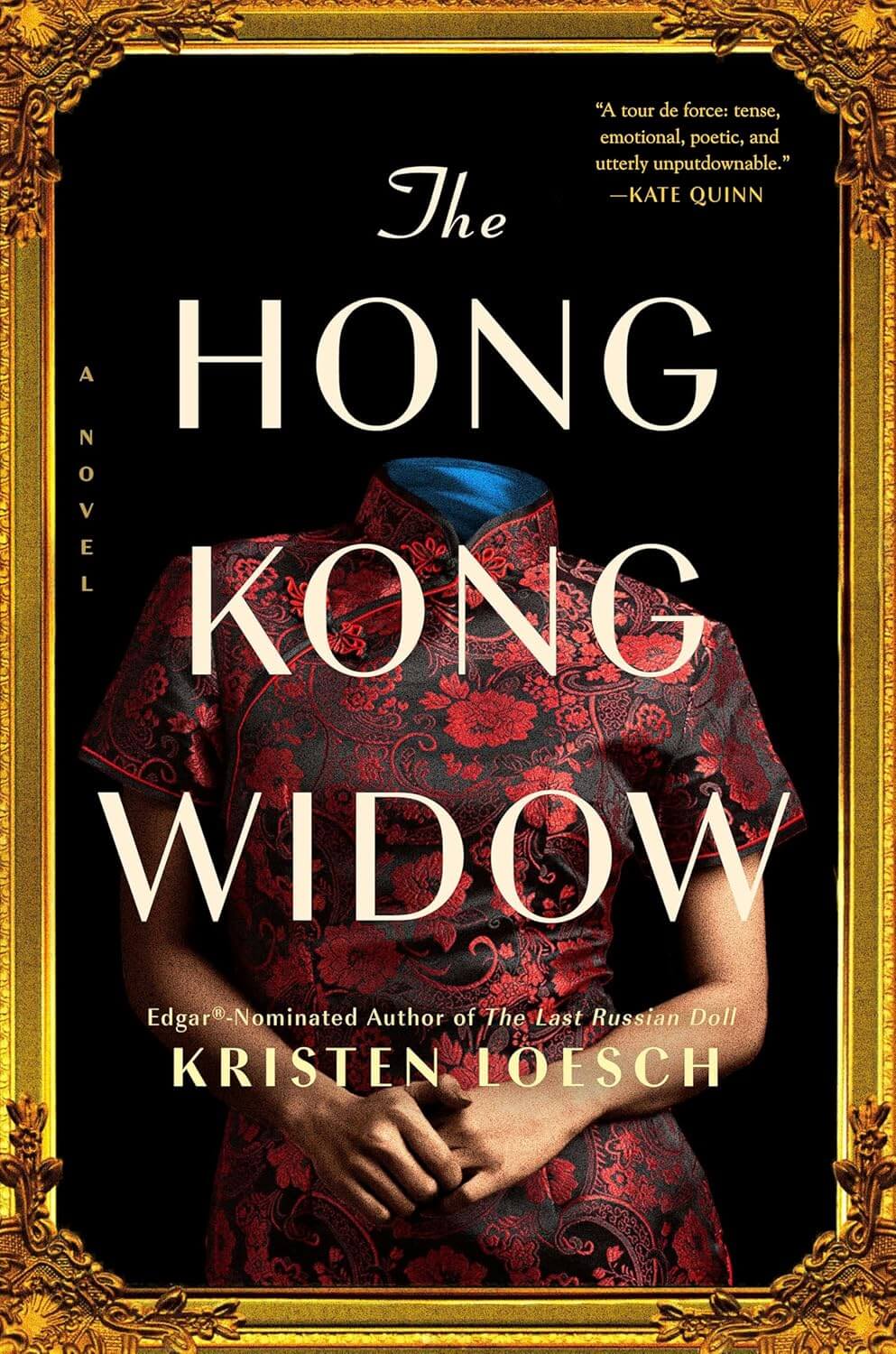
The Hong Kong Widow by Kristen Loesch
Mei, a refugee of the Chinese Communist revolution, would do anything to leave her past behind. So when she receives an invitation to compete against five other spirit mediums in Shanghai’s most haunted house, hosted by the wife of the man who ruined her life, Mei pounces on the priceless chance for revenge. Decades later, the competition and the infamous massacre on the final night, which the police declared a collective hallucination, have become an urban legend. But Mei knows what she saw, and she must find the truth about what happened that night.
Buy the book now: Bookshop.org | Amazon | Barnes & Noble

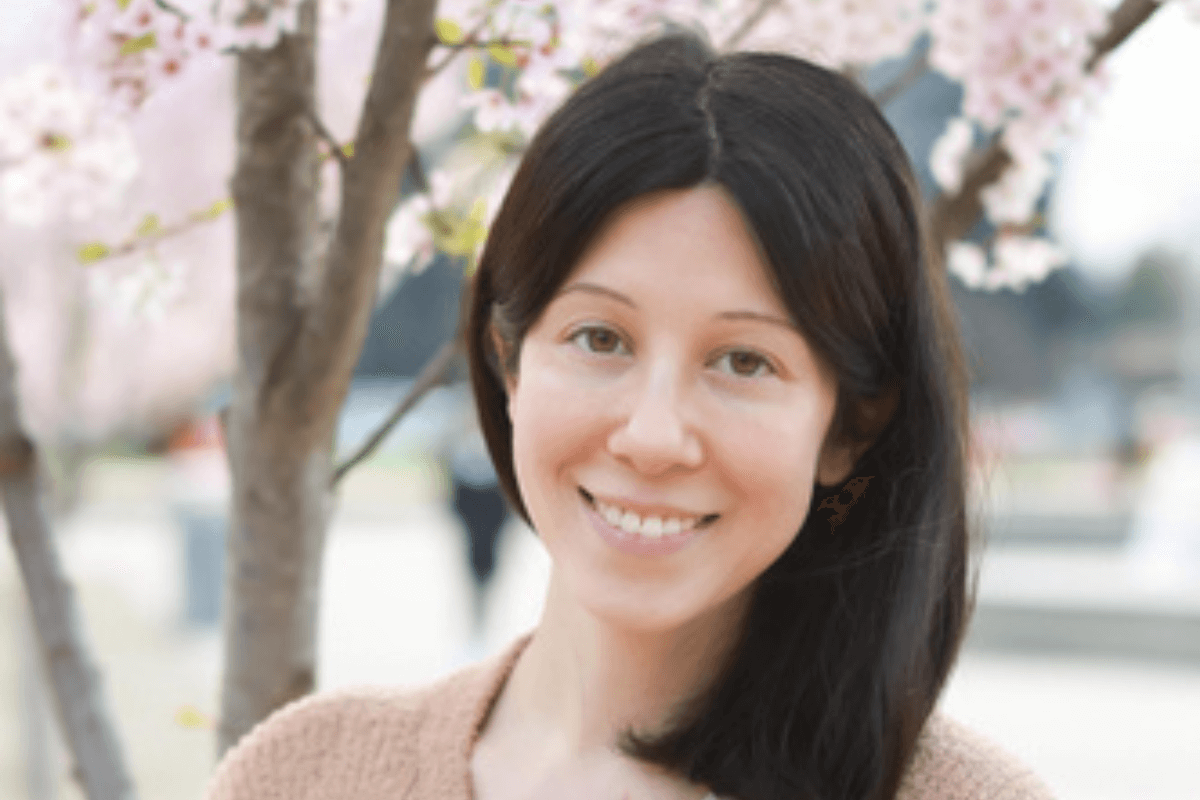




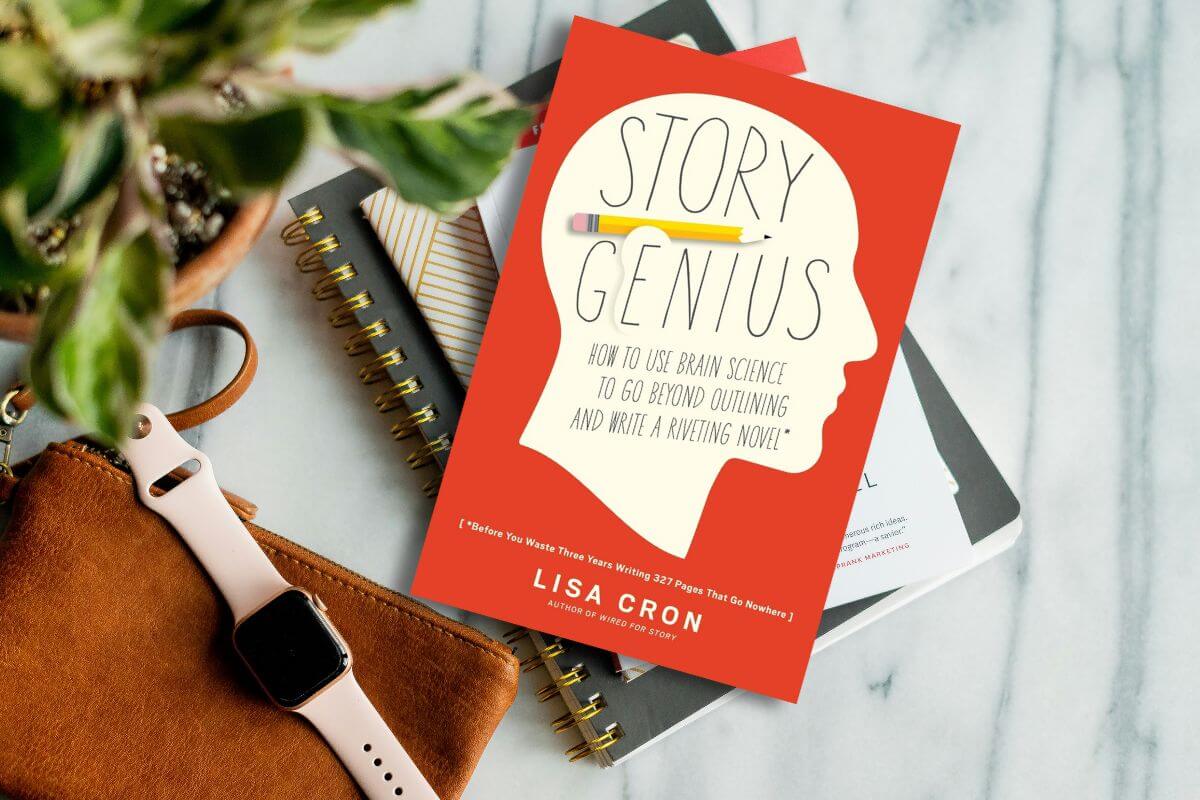
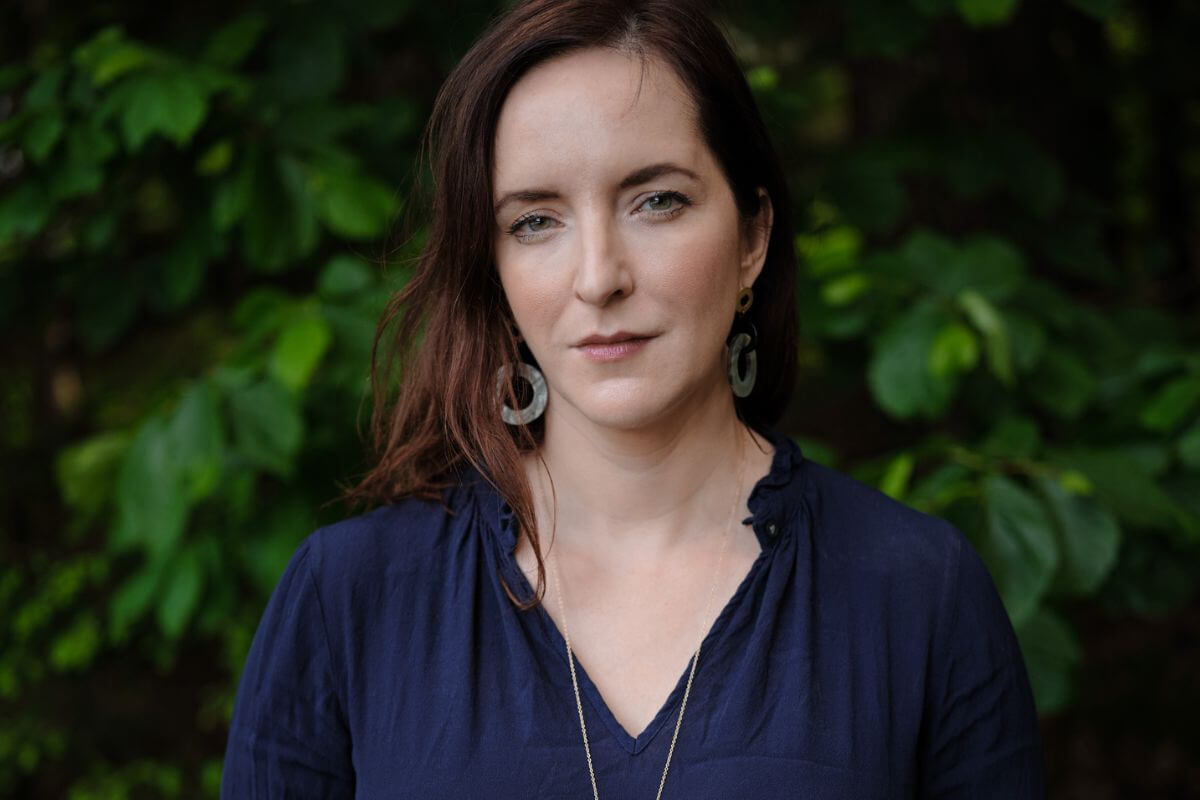

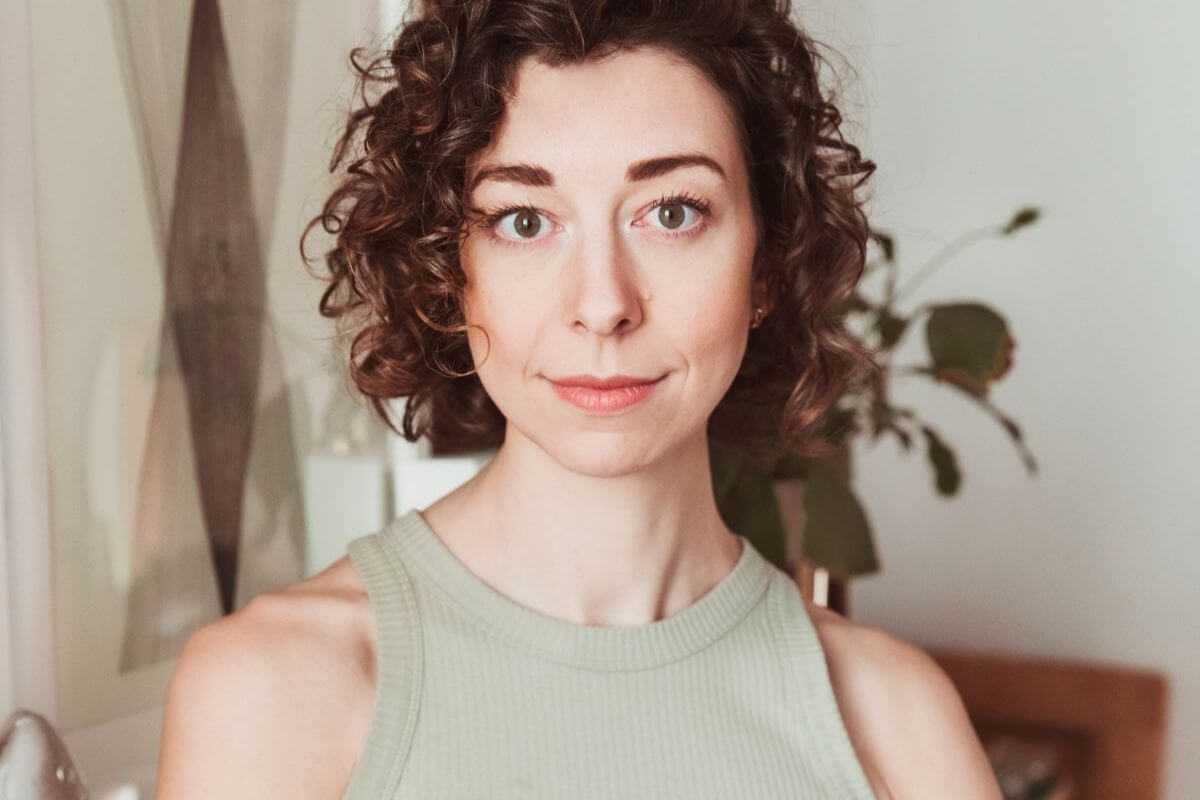
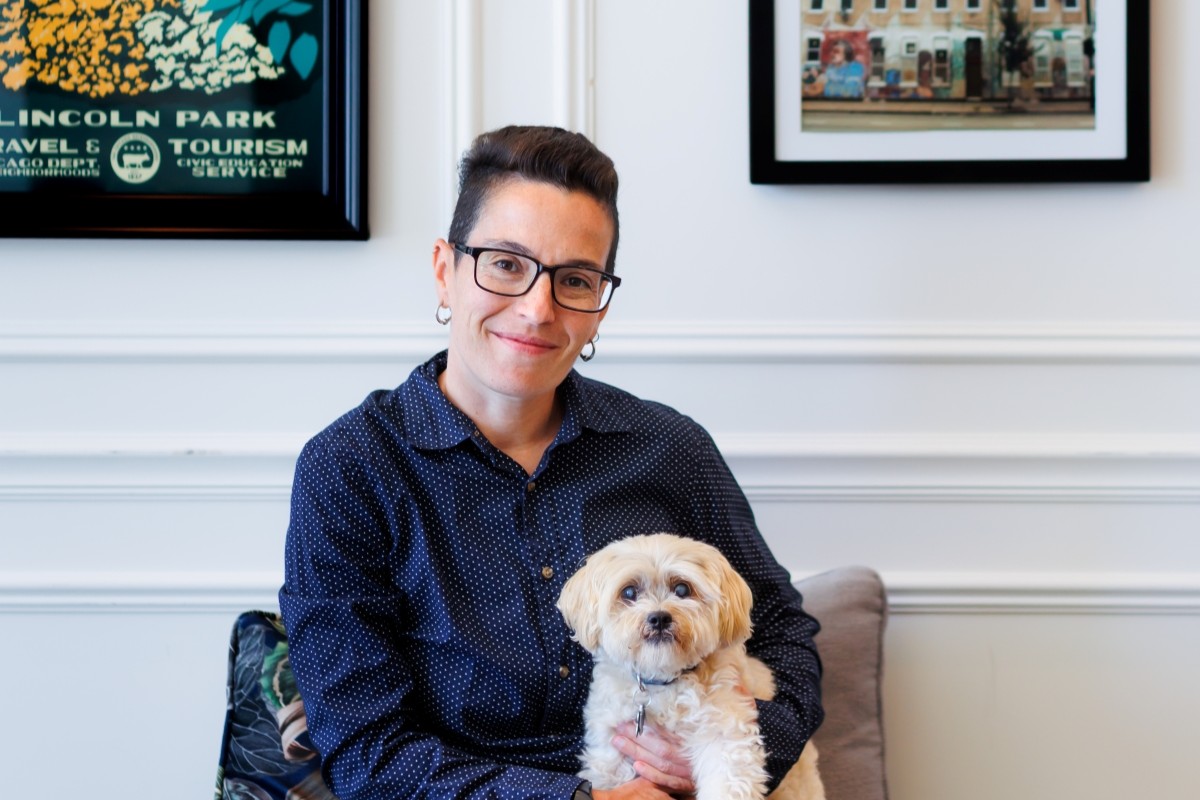



Leave A Comment